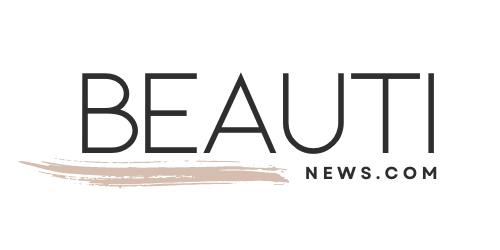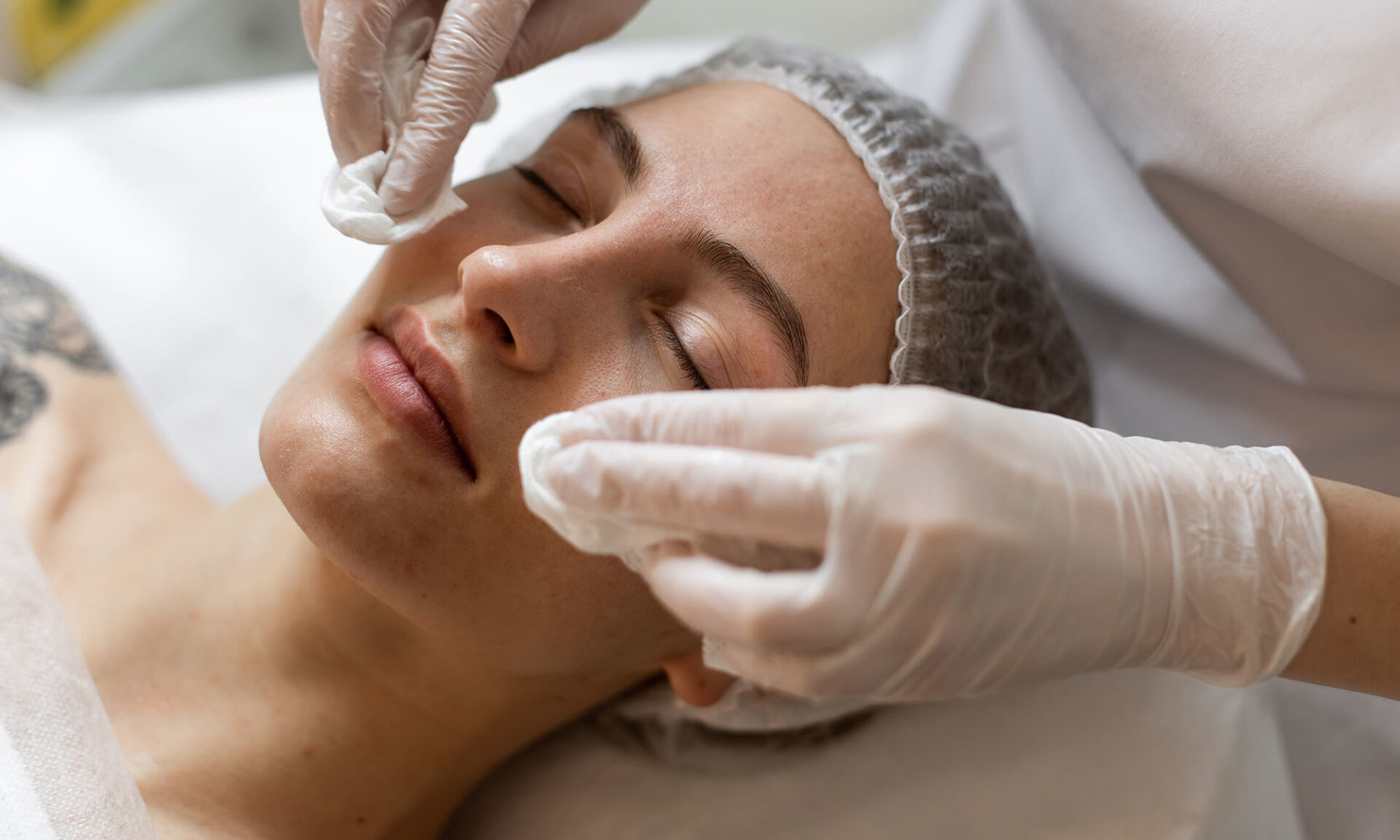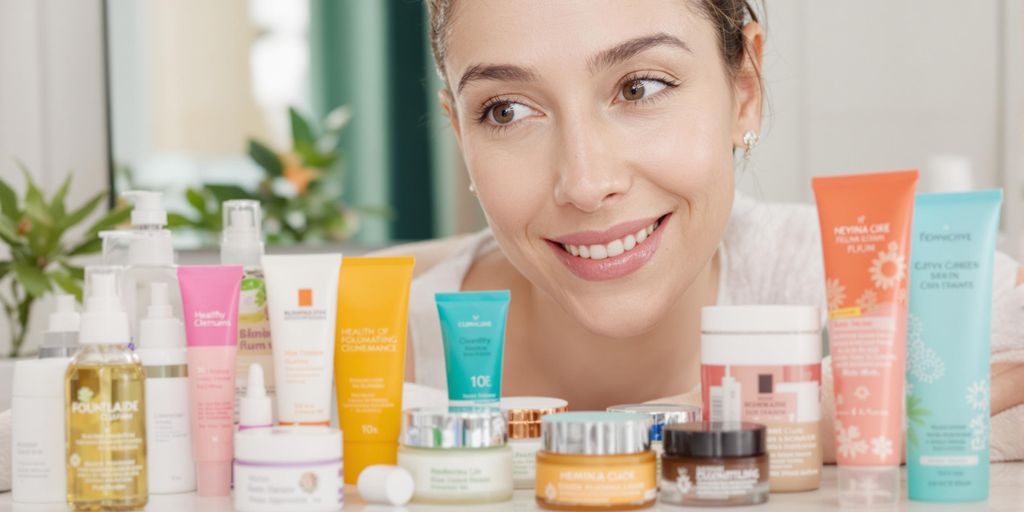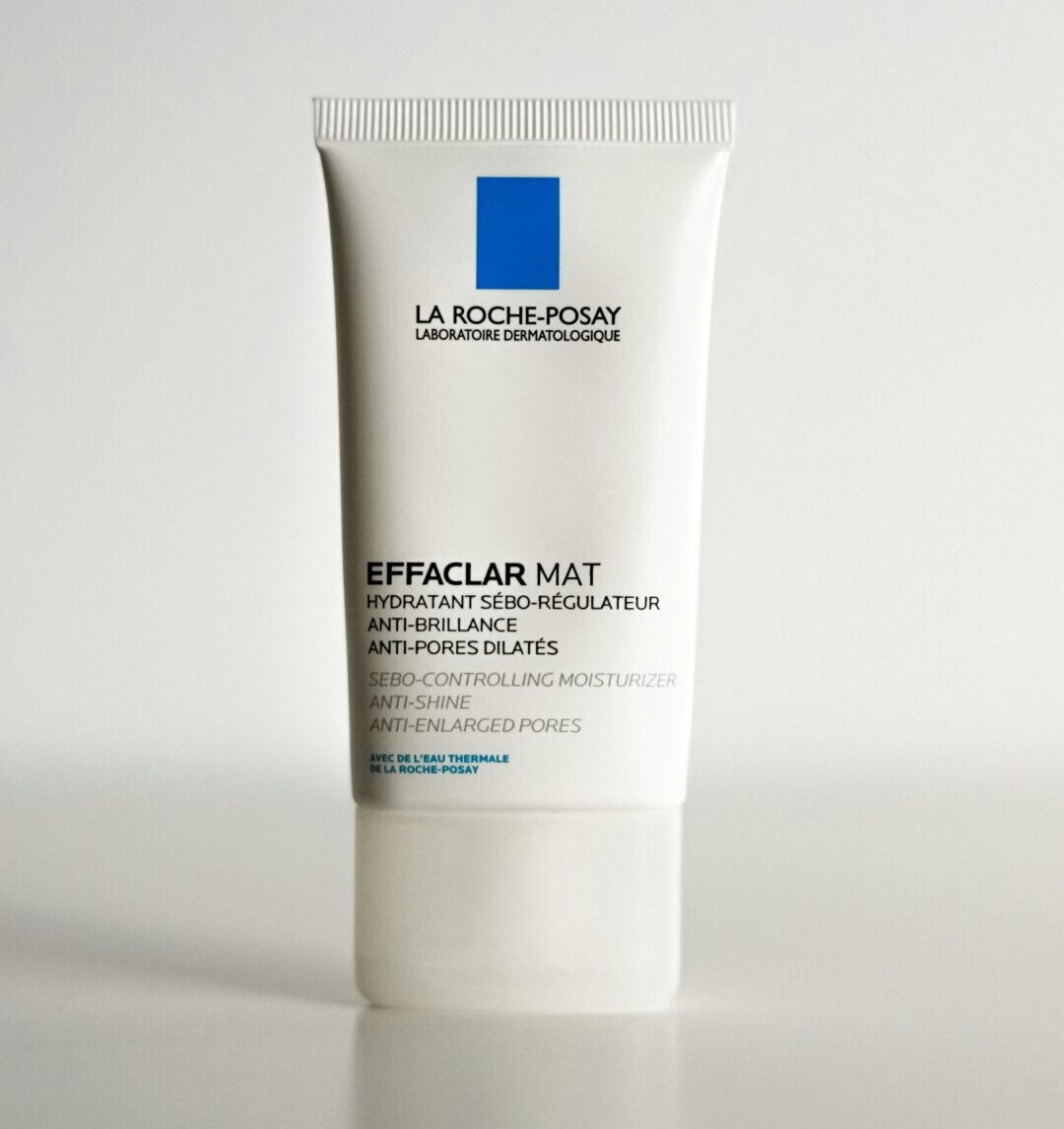The beauty industry is always evolving, with new trends and innovative products regularly hitting the market. These innovations can be empowering, prompting individuals to feel better about themselves while stimulating improved self-care. However, some of these new trends might unexpectedly give rise to new insecurities. One such controversial trend in the skincare industry is dermaplaning, with growing concerns about whether it’s making people feel more insecure about their skin.
Dermaplaning, also known as dermablading, microblading, or blading, is a simple procedure that involves using a super-sharp blade to shave the face, remove peach fuzz, and exfoliate the top layer of the skin. In recent years, it has become increasingly popular and is often viewed as an essential step to achieve the sought-after “glass skin” look.
The rise of dermaplaning might be traced back to the early days of YouTube beauty tutorials. Beauty influencers championed this technique to help make their makeup lay better on the skin and to induce an instant glow. The trend caught on, with many people adopting the practice to achieve a “perfect” skin image or a full-glam makeup look.
However, there are downsides to this trend. The obsession with getting rid of peach fuzz can spur additional insecurities, particularly in a society already replete with physical appearance pressures. Moreover, if misused, dermaplaning can lead to potential risks, such as infections from nicking the skin too deeply or damaging the skin barrier by over-exfoliating.
Nevertheless, some individuals might still find dermaplaning beneficial. It can effectively remove peach fuzz, strip away the superficial layer of dead skin, and notably improve makeup application for those who frequently use full-glam makeup or are often on camera. That said, the overall consensus is that the potential risks generally outweigh the benefits.
Further, dermaplaning as a procedure can be costly. It can either be a professional or DIY job, but either way, it often involves a significant financial outlay. The need for regular and meticulous cleaning of the dermaplaning tool and the risk of accidents when done without professional guidance add to the considerations before taking up this skincare trend.
Despite its popularity, dermaplaning is not for everyone. Individuals with skin conditions like eczema, acne, psoriasis, cold sores, or any form of skin irritation or rash should steer clear of it. Also, it’s worth noting that there are much safer and more efficient ways to exfoliate the skin, such as using a variety of chemical exfoliants as well as retinol and other gentle facial scrubs.
For those who are keen on removing facial hair, high-quality facial razors or laser hair removal treatments may be better alternatives to dermaplaning.
To conclude, it is crucial to remember that everyone has their unique skin type, and what works for one might not work for another. It is advisable to consult with a professional before adopting any new skincare procedures or trends. Peach fuzz is normal, and one need not feel pressured to remove it following a ‘trend. It’s essential to find what works best for your unique skin needs and adhere to it for a healthy and glowing complexion.





![“Kerassentials Review” : [My Updates Reviews 2024] — Does It Work & Is It Safe? 4 049e8bfe 6112 4c16 aa9b b331dee37d90 “Kerassentials Review” : [My Updates Reviews 2024] — Does It Work & Is It Safe?](https://beautinews.com/wp-content/uploads/2024/10/049e8bfe-6112-4c16-aa9b-b331dee37d90.jpg)